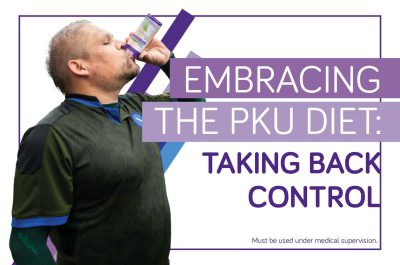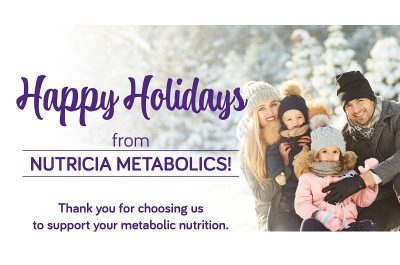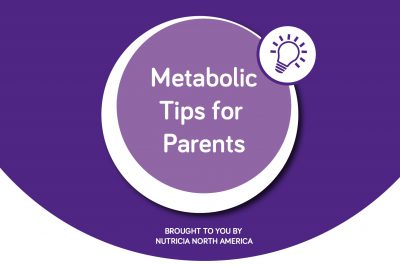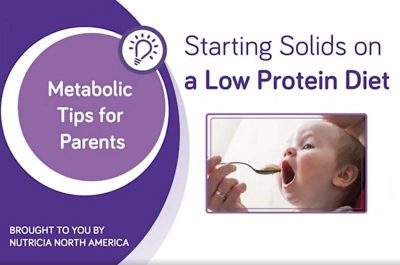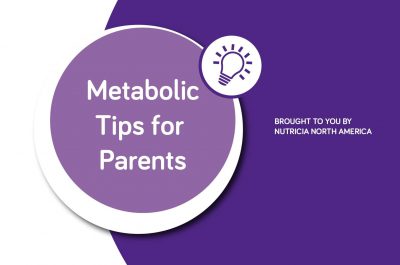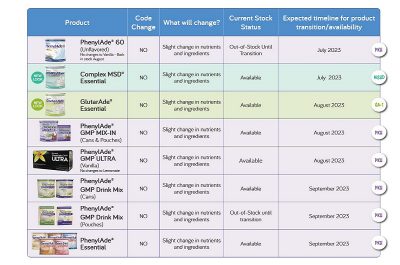Embracing the PKU Diet: Taking Back Control
Daily life with phenylketonuria (PKU), especially when not in metabolic control, can be a challenge, making the idea of returning to the PKU diet seem difficult or even impossible at times. However, with support, the right resources and your commitment, it will be easier to regain control of your health and get back on the […]
Embracing the PKU Diet: Taking Back Control READ MORE

